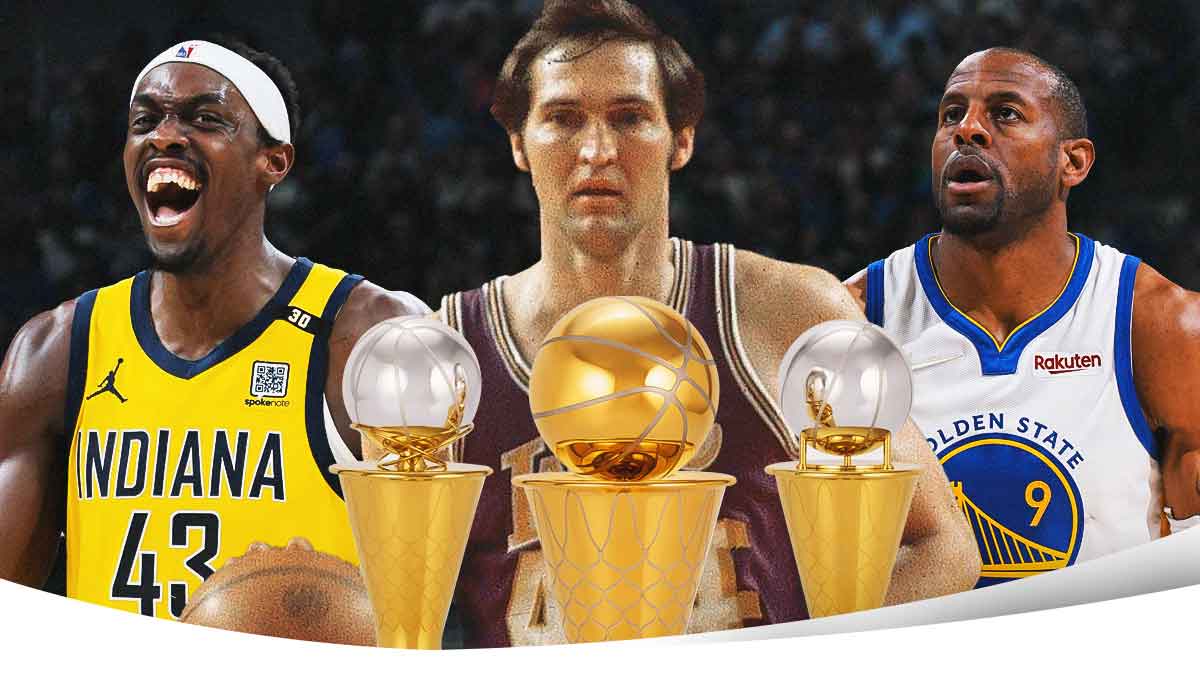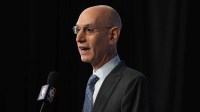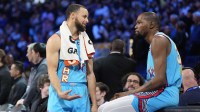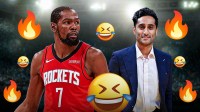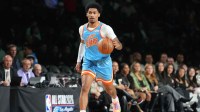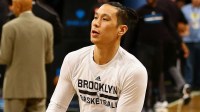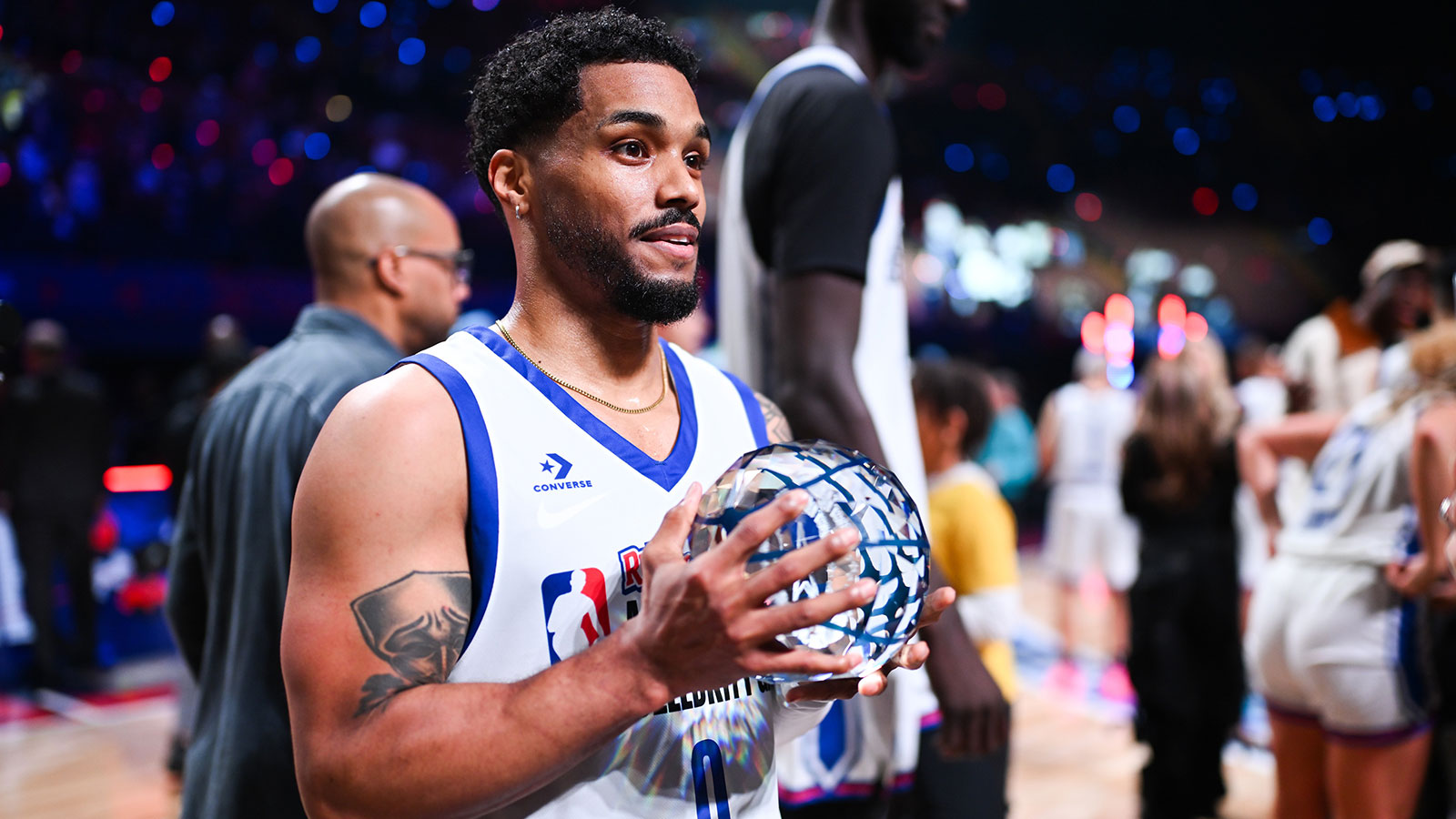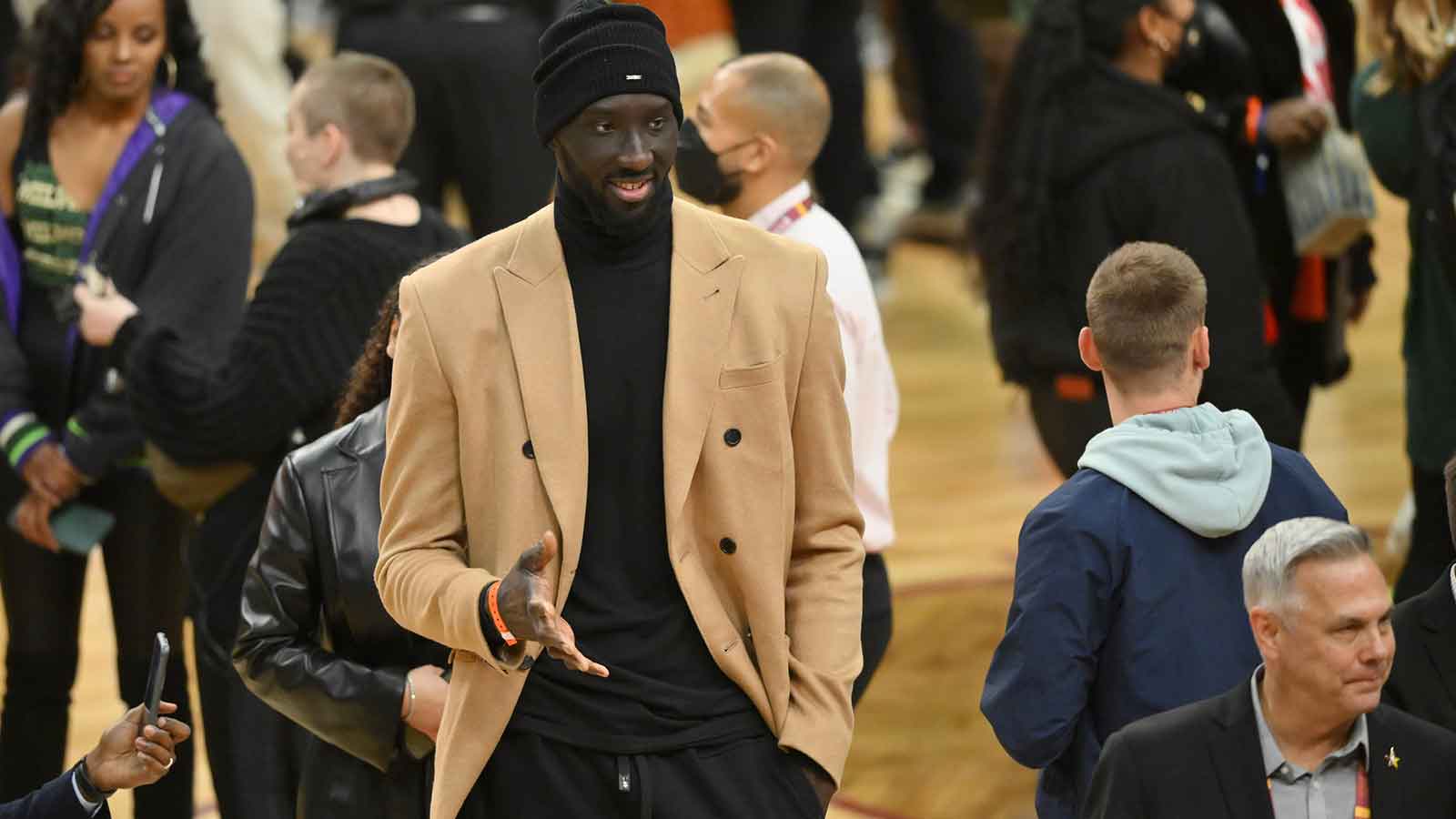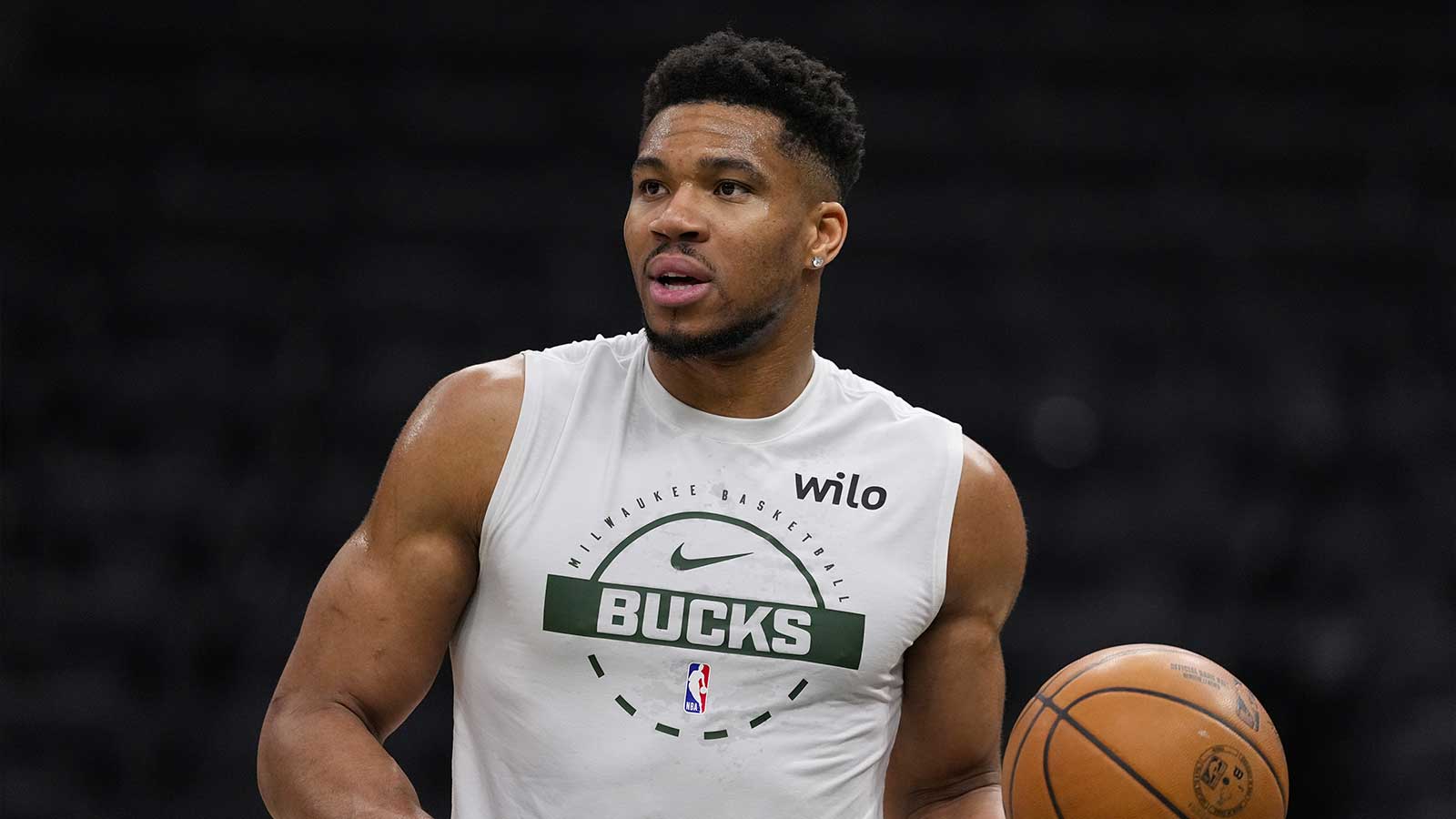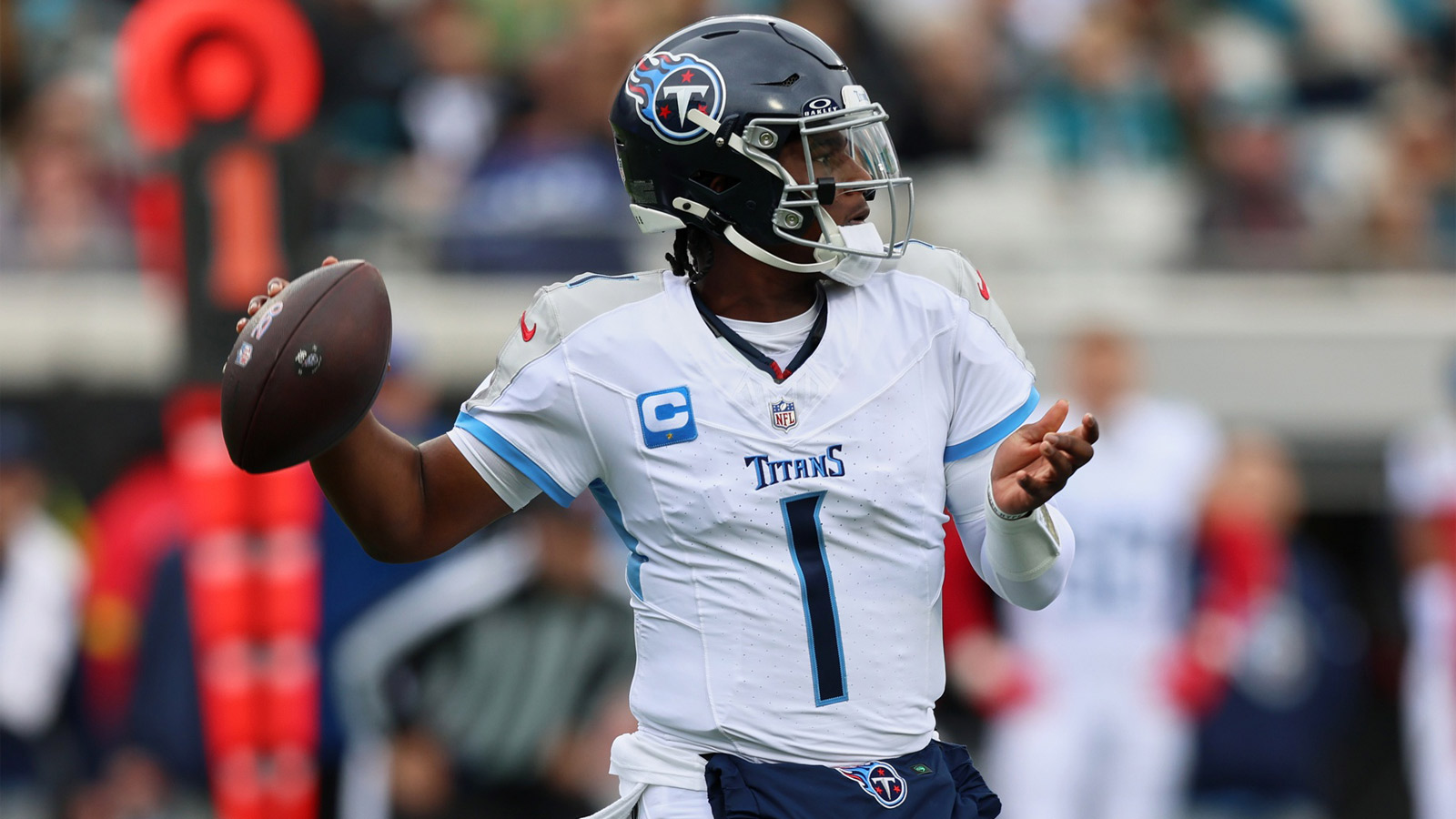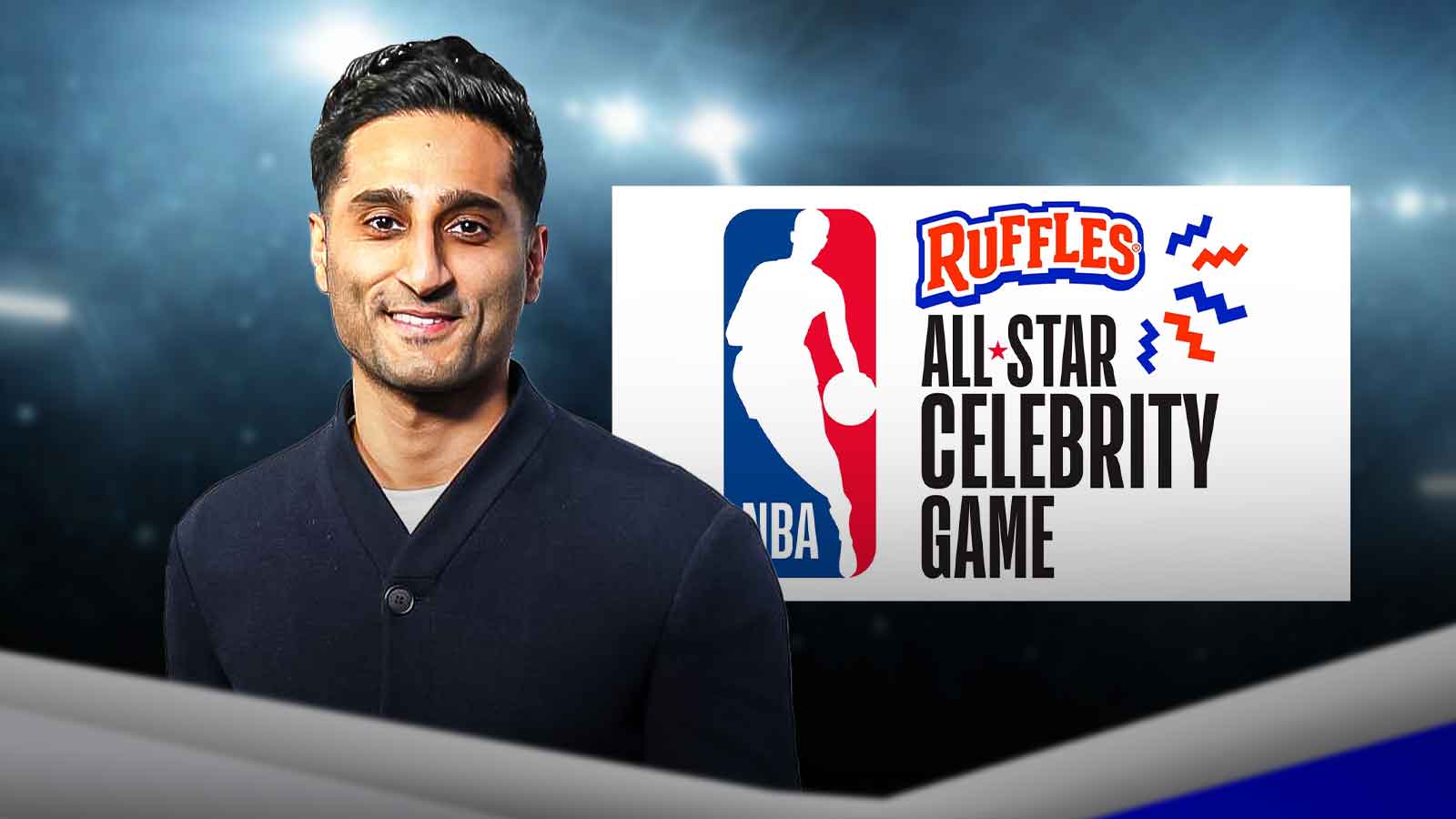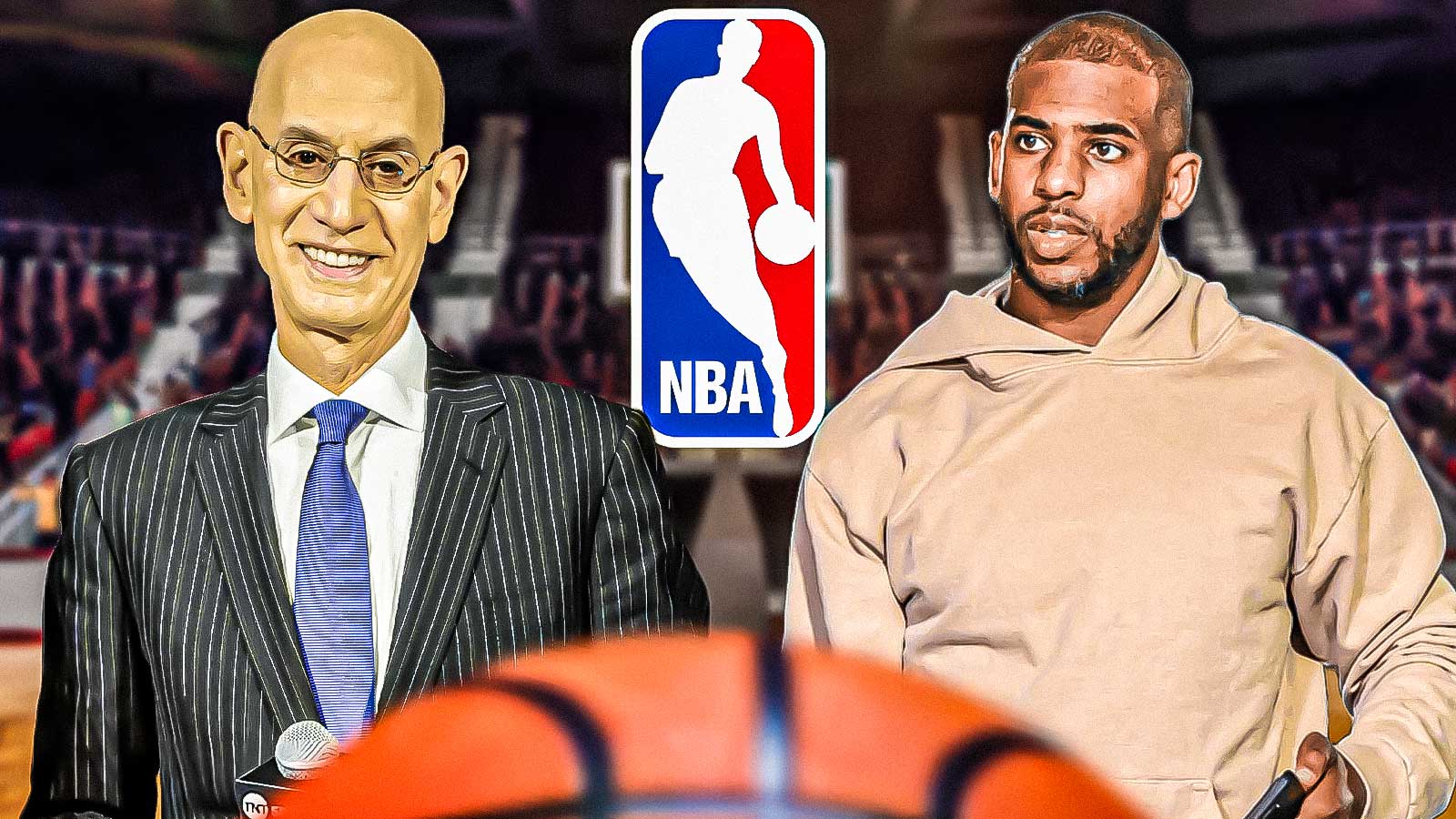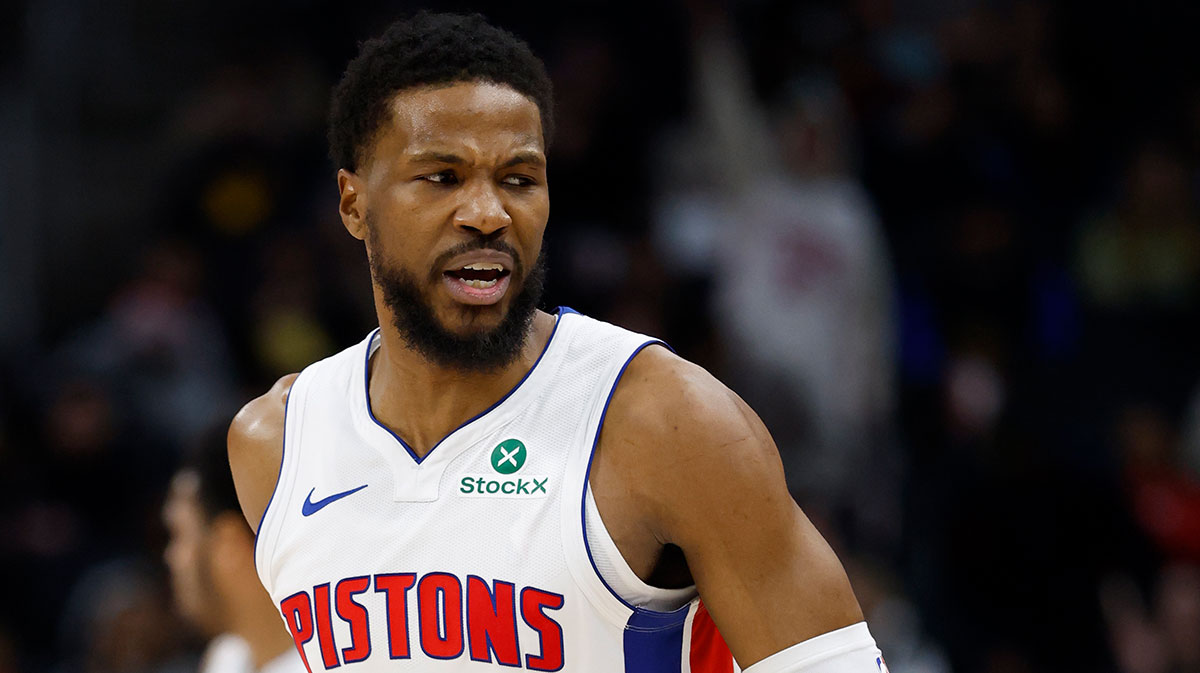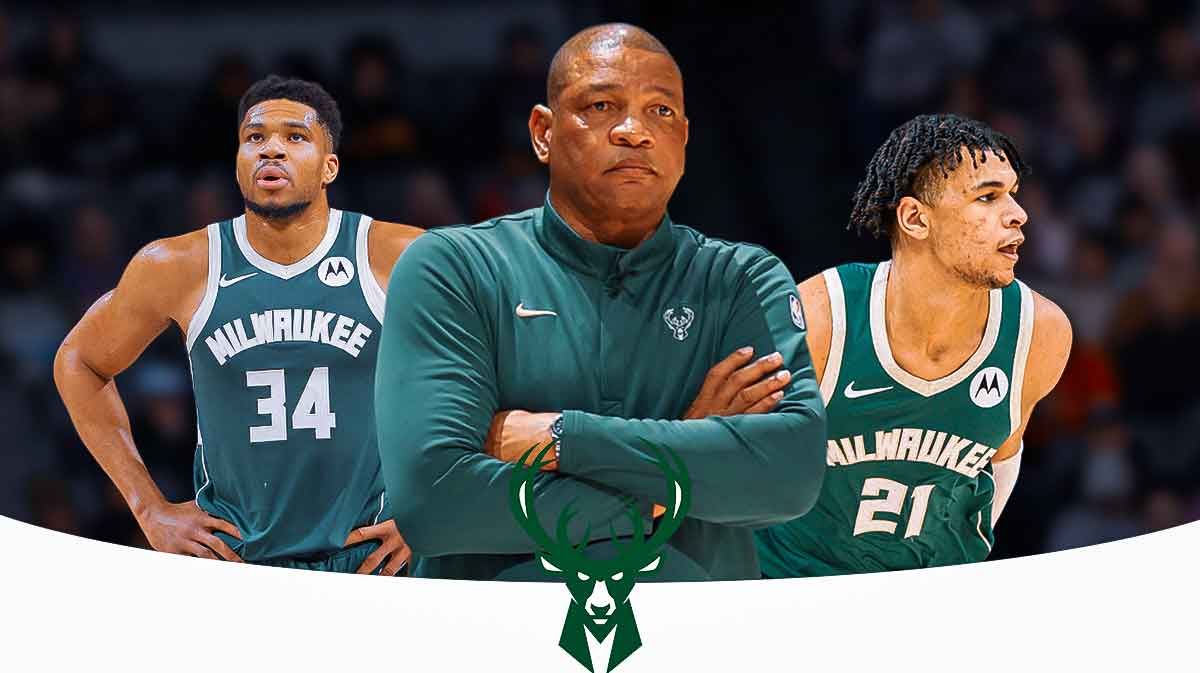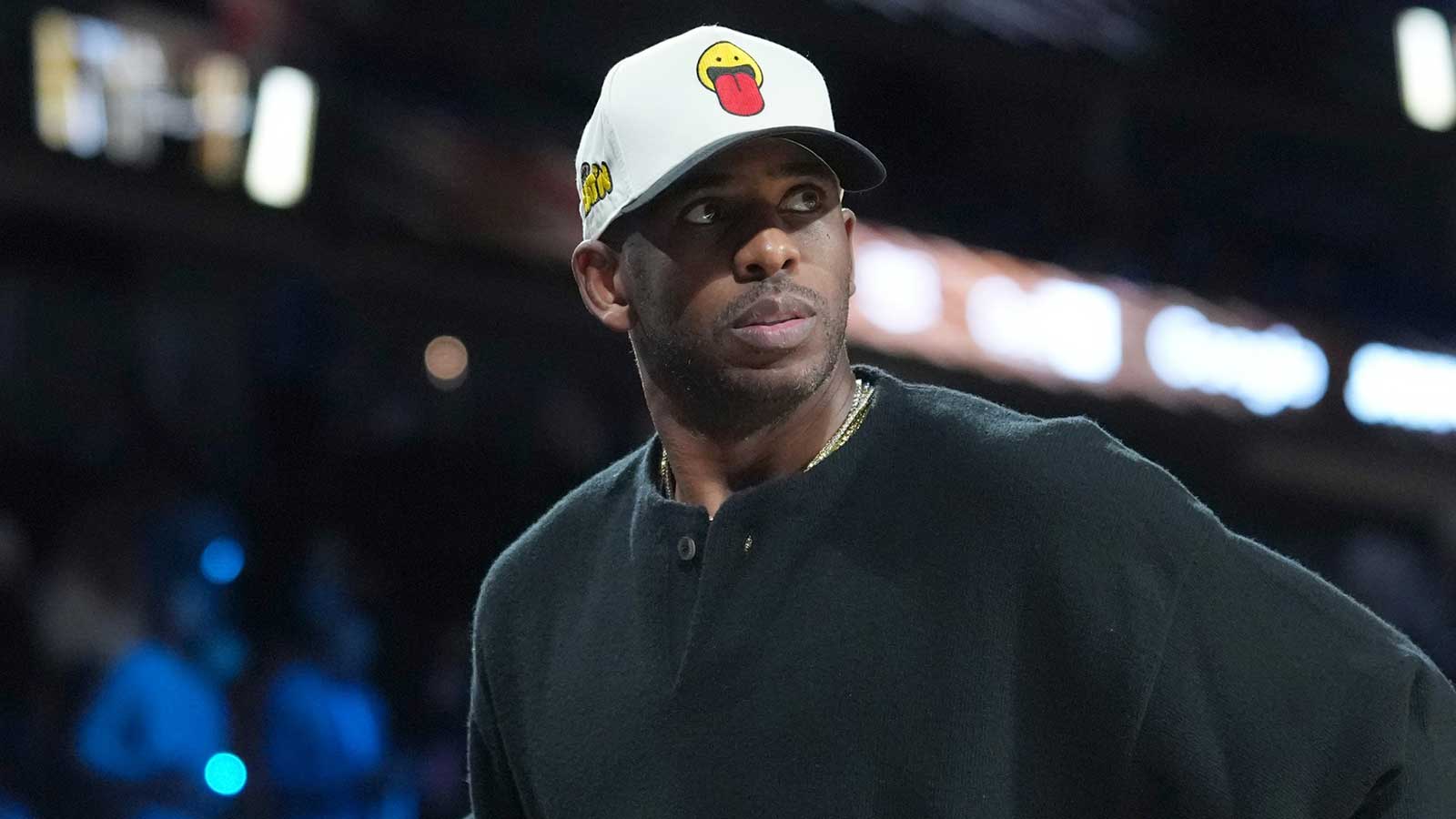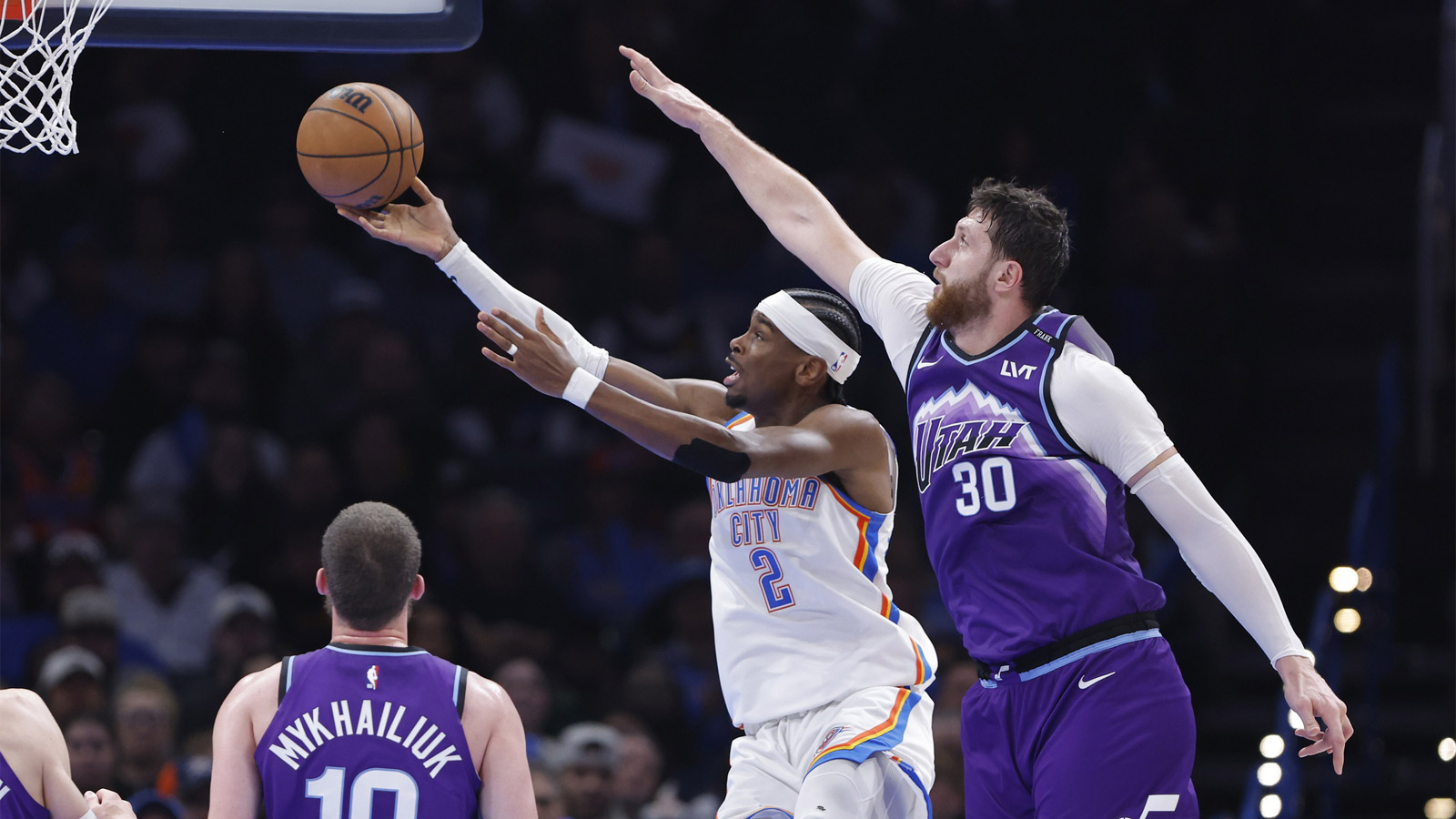The NBA Finals MVP is meant to honor the best player at the highest stage of basketball. It is arguably the highest honor a player can earn in the NBA. Recently, another prestigious accolade was created as the league hands out the Larry Bird Trophy and the Magic Johnson Trophy to the best player from the Eastern and Western Conference Finals.
The 2024-25 season was the fourth time that conference final MVP awards were handed out. Shai Gilgeous-Alexander took home the award in the West, and Pascal Siakam was named MVP in the Eastern Conference.
Siakam's win, while deserving, was controversial for some, as many think that Indiana Pacers' teammate Tyrese Haliburton was the best player in the Eastern Conference Finals.
Siakam got five out of nine votes to win the award after leading his team in scoring (24.8 points per game). Haliburton, meanwhile, had an iconic buzzer-beater in Game 1 that led to an overtime win as well as the first postseason 30-point, 10-rebound, 15-assist game without a turnover.
With such a short history, there haven't really been any other Conference Finals MVP surprises, but there have certainly been some questionable winners of the MVP in the championship series. Check out the gallery to see if Siakam ranks among the most controversial NBA Finals and Conference Finals MVP winners ever.
1. Jerry West, Lakers, NBA Finals MVP – 1969
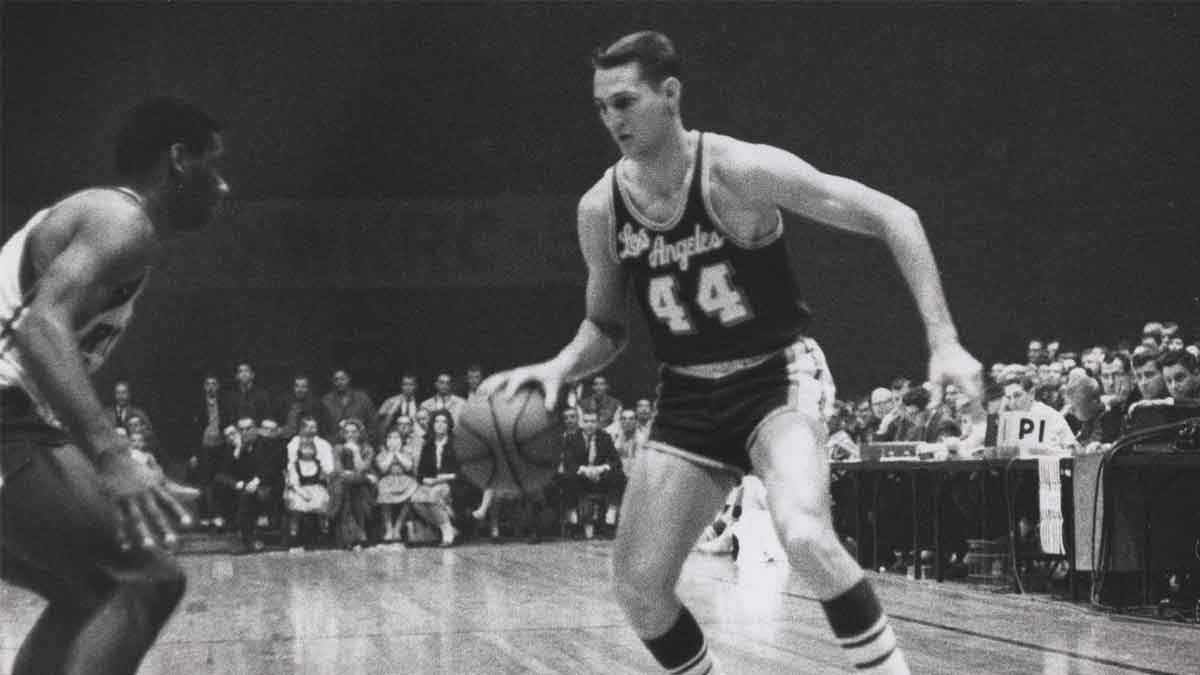
The championship series in the NBA has gone by a lot of names, but it became the NBA Finals in 1986. Even before that, the best player in the series received the MVP award. The first ever NBA Finals MVP award came out in 1969, and that just so happens to be the most controversial Finals MVP, too.
Jerry West was the inaugural winner of the award, but he is still the only player to win MVP in a losing effort. West put up huge numbers and was arguably the best player on the floor, but his Los Angeles Lakers lost in seven games to the Boston Celtics.
West averaged 37.9 points per game, which only trails Shaquille O'Neal and Michael Jordan for NBA Finals MVP winners. He certainly gave it his all and displayed his immense talent, but it doesn't feel quite right when looking back at Finals MVP winners and being a member of the losing team. John Havlicek averaged 28.3 points per game as the best player on the Celtics.
2. Wes Unseld, Bullets, NBA Finals MVP – 1978
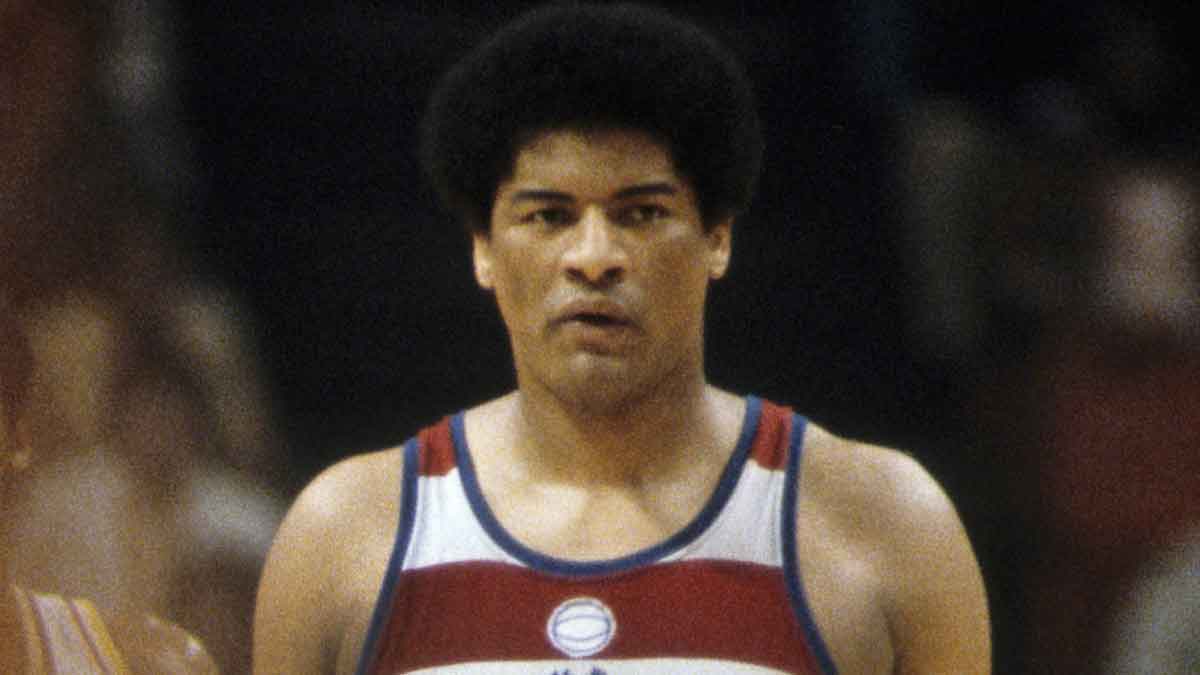
Wes Unseld's numbers in the 1978 NBA Finals are far from MVP-worthy, yet he still won the trophy that is now called the Bill Russell Award. Unseld averaged just 9.0 points per game. That was a far cry from the 20-plus points that fellow Washington Bullets players, such as Elvin Hayes and Bob Dandridge, averaged in the series.
In fact, Unseld ranked just seventh on his own team in scoring. Of course, MVP awards are about more than just putting the ball through the basket. However, Unseld didn't lead the team in any major statical category. He averaged 11.7 rebounds to Hayes' 11.9, and 3.9 assists to Tom Henderson's 5.7. Hayes led the team in blocks, and Henderson had the most steals, too.
Unseld was the leader of the team, but he wasn't the best player in Washington, especially in this series. The 1978 NBA Finals MVP seemed like a charity award given to “The Wide U” because he was a fan/team/league favorite.
3. Andre Iguodala, Warriors, NBA Finals MVP – 2015
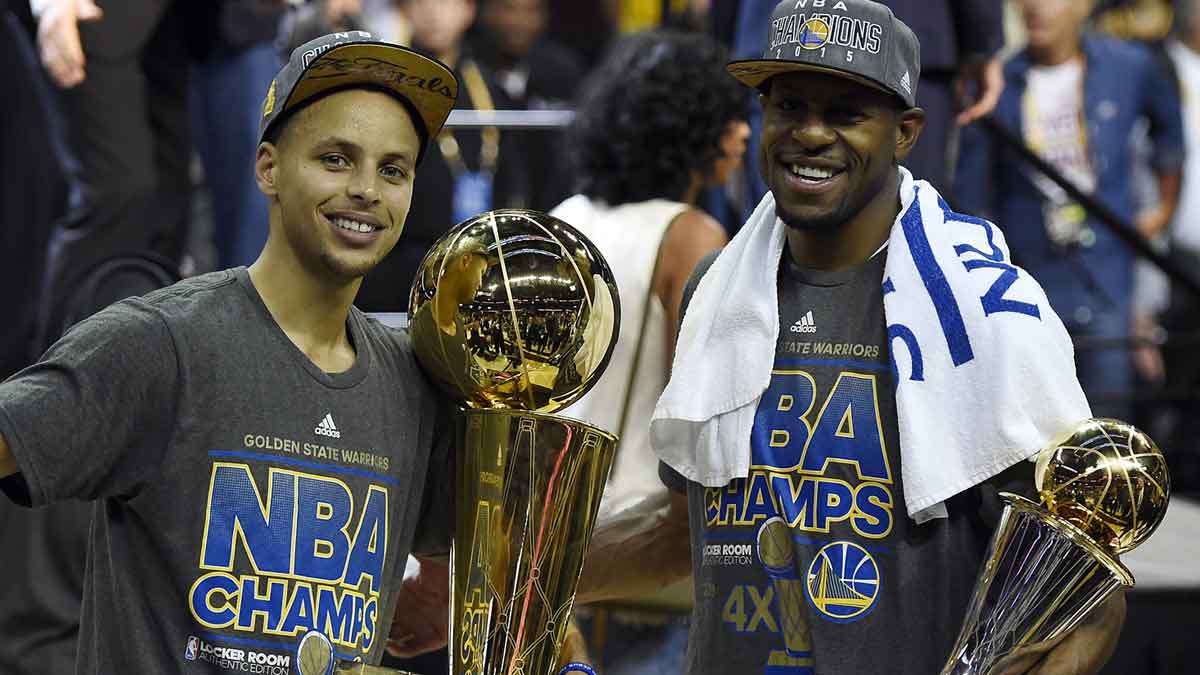
Stephen Curry was the leader of the Golden State Warriors dynasty, but he didn't win his first Finals MVP until his fourth championship victory. Because of that, there was a false narrative around the league that the all-time great point guard couldn't win without help.
That should have never been the case, though, because Curry should have won Finals MVP during his first run at gold in 2015. Curry averaged 26 points and 6.3 assists per game in the championship series after he won the regular-season MVP for the first time. Curry found success because he established himself as the greatest 3-point shooter ever.
However, voters inexplicably gave the Finals MVP to Andre Iguodala. The justification was that Iguodala slowed LeBron James down, but he really didn't, as James averaged 35.8 points, 13.3 rebounds, and 8.8 assists while singlehandedly carrying his Cleveland Cavaliers. Iguodala was the primary defender against James, but he was far from a force that shut him down.
Additionally, Iguodala only averaged 16.3 points per game, 10 fewer than Curry. Iguodala did provide energy, and he helped turn the series around once head coach Steve Kerr put him into the starting lineup ahead of Game 4, but Curry had the much better overall series and deserved the MVP.
4. Willis Reed, Knicks, NBA Finals MVP – 1970, 1973
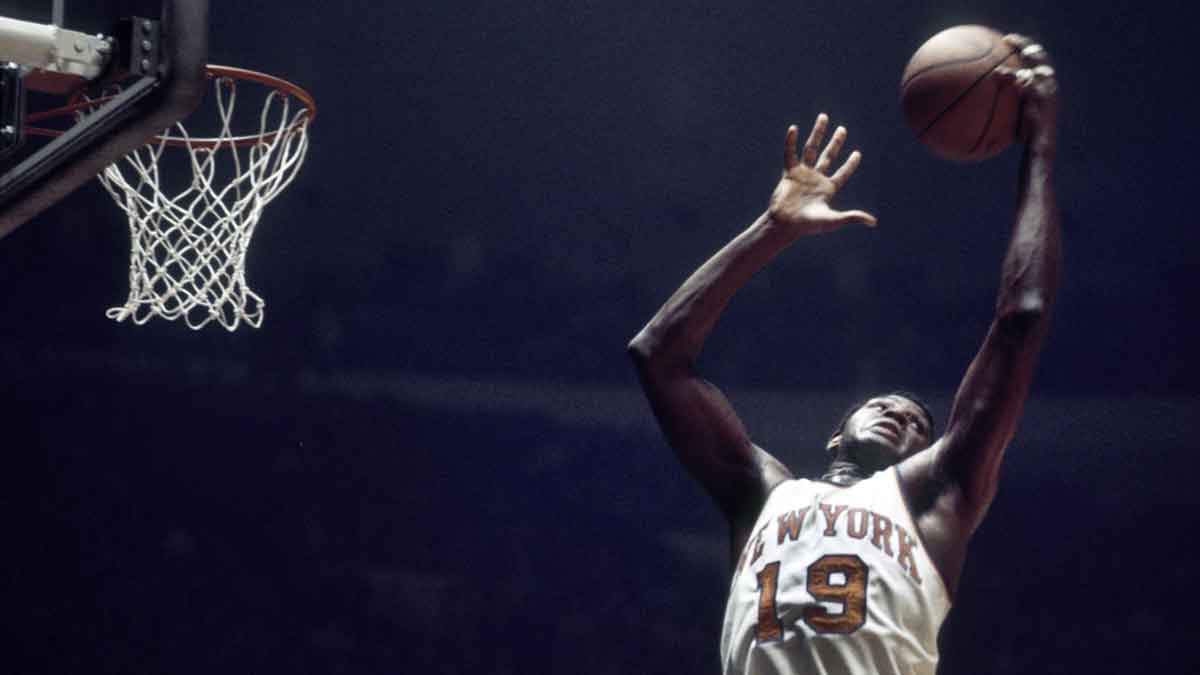
Both of Willis Reed's Finals MVPs will be lumped together here. In 1970, Reed put up impressive numbers in the New York Knicks' championship matchup against the Lakers.
He led the Knicks with 23 points per game and added 10.5 rebounds per game. He even had one of the most iconic championship moments ever – playing on a torn thigh in the Knicks' Game 7 victory.
Reed scored the first two buckets of the game for New York, but he didn't score again. He even missed the entirety of Game 6 because of the injury. Reed's determination to play through the pain was admirable, but he had teammates who thrived in all seven of the Knicks games, including Dave DeBusschere, Walt Frazier, and Dick Barnett.
Reed again won the award in 1973, but his averages were much worse this go around. Frazier and Bill Bradley outscored him, and Earl Monroe and DeBusschere weren't far behind.
5. Kawhi Leonard, Spurs, NBA Finals MVP – 2014
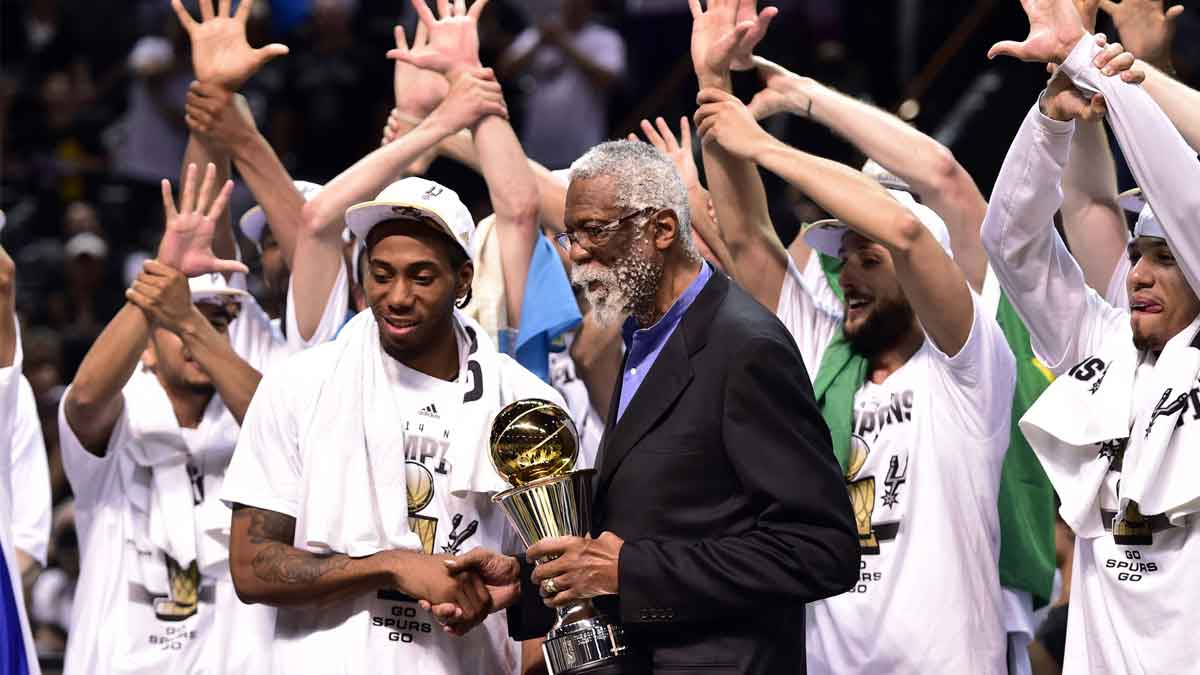
Kawhi Leonard has become a superstar in the days since he won his first NBA title. Back in 2014, though, he was just a role player on the San Antonio Spurs, who were in the twilight of their dynasty. Leonard was already a defensive ace by this time, but Tim Duncan, Manu Ginobili, and Tony Parker were still the superstars on the roster.
In the NBA Finals, Parker scored more points than Leonard, Duncan had more rebounds, Danny Green was the steals leader, and Boris Diaw led the team in assists. Still, Leonard probably did deserve the award because he did a little bit of all of that in addition to guarding LeBron James on defense.
Some viewed this championship run as more of a passing of the torch than as Leonard being the Spurs' best player, though, which makes his first NBA Finals MVP somewhat controversial although not nearly as much so as the other entries on this list.

